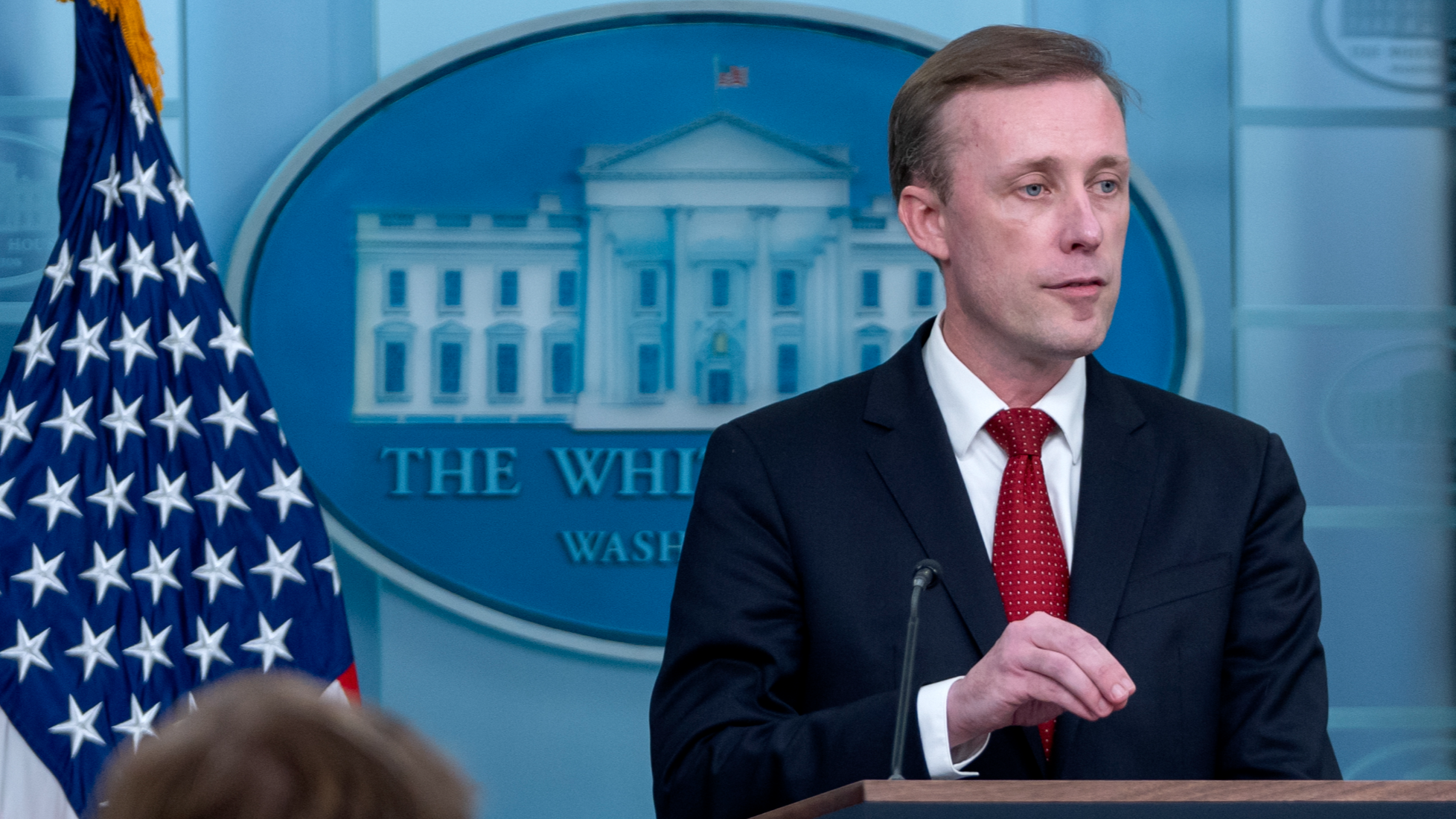
The US is finalizing steps to remove longstanding barriers to civil nuclear cooperation with India as the two countries look to bolster relations further.
US National Security Adviser Jake Sullivan, in likely his last official trip overseas, said “formal paperwork will be done soon” to scrap regulations that prevented Indian entities and American companies from cooperating on nuclear energy projects.
“This will be an opportunity to turn the page on some of the frictions of the past,” he said Monday in a speech at the Indian Institute of Technology Delhi. “This is a statement of confidence in the progress we’ve made and the progress we will continue to make as strategic partners.”
India is seeking to rapidly expand its use of nuclear power over the next decade as it aims to both decarbonize and meet rising energy demand.
The remarks followed a meeting between Sullivan and India’s Minister of External Affairs Subrahmanyam Jaishankar earlier Monday. The visit by Sullivan — which also included meetings with Indian National Security Adviser Ajit Doval and Prime Minister Narendra Modi — is likely the last trip by a senior Biden administration official to India, Asia’s third-largest economy that the US has sought to cultivate as a regional partner.
In his meeting with Doval, Sullivan briefed his Indian counterpart on updates to US missile export-control policies that will bolster space cooperation with India, the White House said in a statement. India’s Ministry of External Affairs said Sullivan handed a letter to Modi from President Biden, and the two sides discussed progress in areas including technology, defense, chips and artificial intelligence.
READ MORE: White House: Biden kept updated on Syria, Sullivan to travel to Israel
President-elect Donald Trump also prioritized closer ties with India during his first term and is expected to continue to bolster links in his second. Even so, he gas criticized India’s high tariffs on imported goods, and his pledge to impose across-the-board duties threatens the South Asian nation’s trade surplus with the US.


